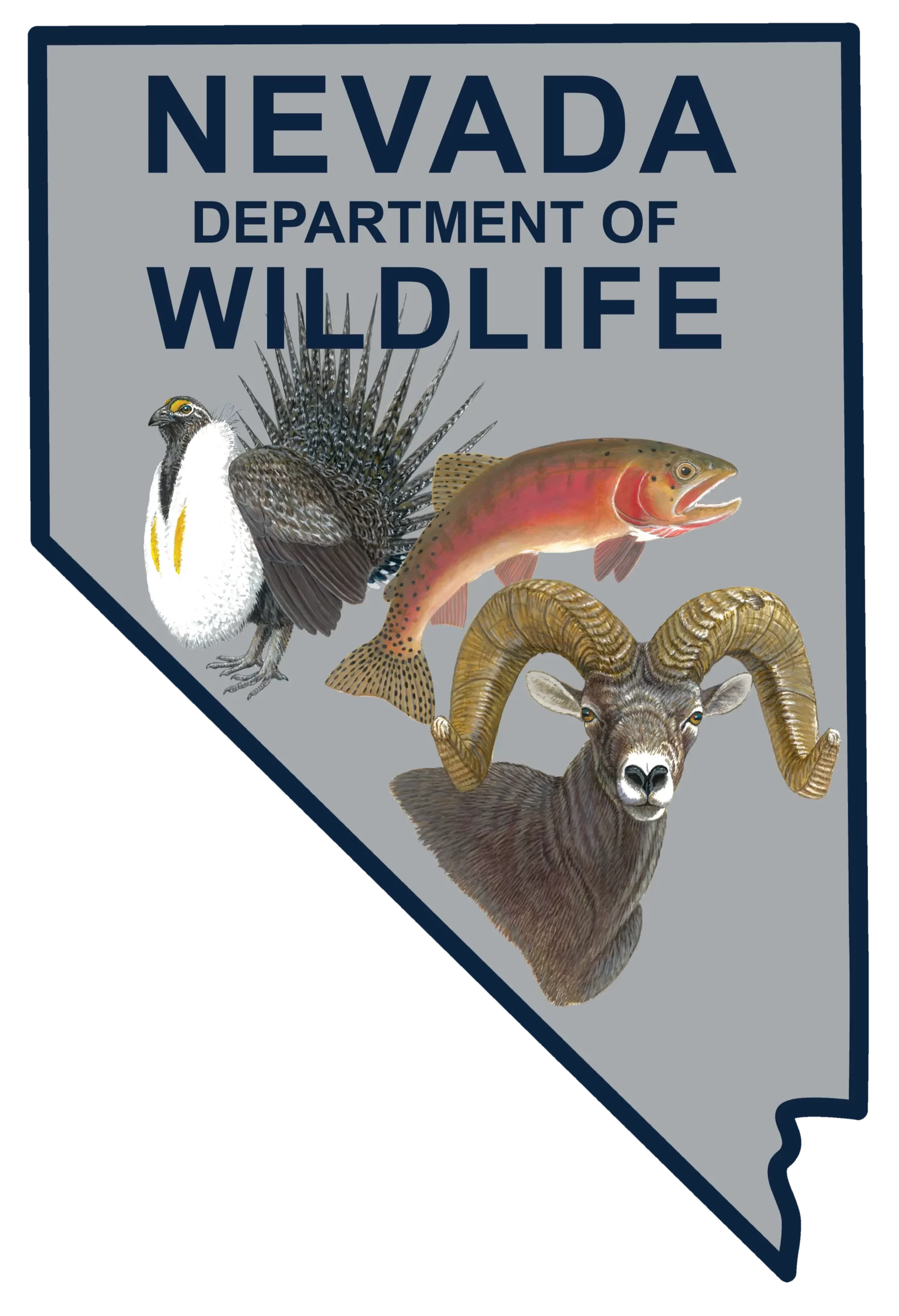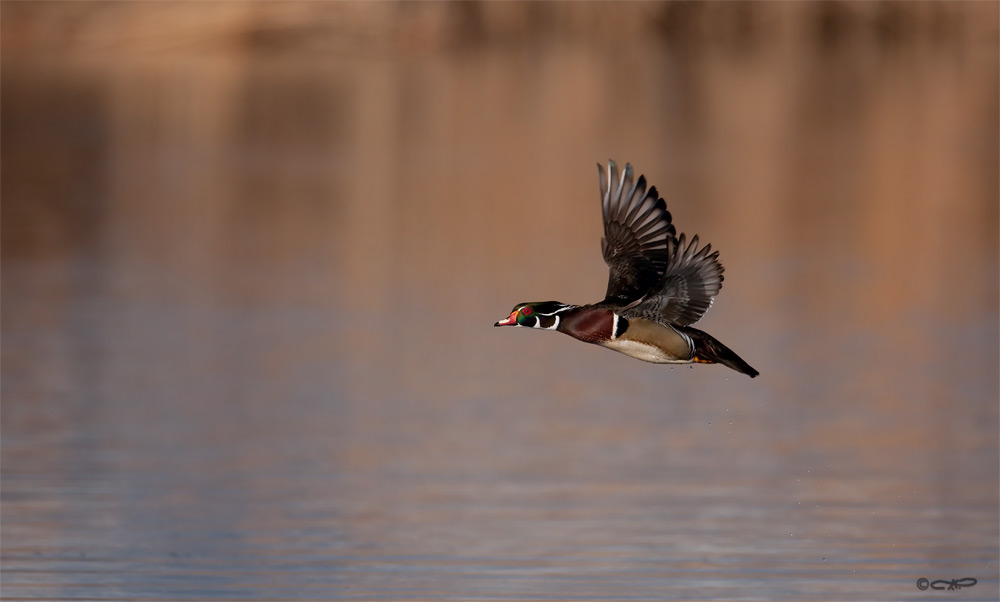Highly Pathogenic Avian Influenza (HPAI) virus (H5N1 Eurasian strain or EA H5) has been detected in multiple species of wild birds in all waterfowl flyways in North America since December 2021. In July of 2022 it was detected in Nevada for the first time.
We are interested in tracking and investigating potential HPAI outbreaks in wild birds. If you notice three or more wild bird deaths, we ask that you report it to us at (775) 688-1500 or ndowinfo@ndow.org.
Avian influenza is a type A influenza virus that affects a wide variety of domestic and wild birds and mammals. They are classified based on the severity of disease or pathogenicity in domestic poultry, low pathogenicity (LPAI; mild symptoms) or high pathogenicity (HPAI; severe symptoms and death). The disease mostly circulates in wild waterfowl who have low mortality rates. Some species of geese however, along with raptors, game birds like turkeys and grouse, as well as domestic poultry have very high mortality rates.
Clinical signs of HPAI in birds are highly variable, however they may include:
– Respiratory (sneezing, coughing, ocular & nasal discharge, periorbital edema)
– Neurologic (abnormal position of head or neck, ataxia, circling)
– Dermatologic (limb edema, patchy erythema)
– Gastro-intestinal (diarrhea, green discoloration to feces).
– Weakness, lethargy, depression.
– Sudden death
Most EA H5 HPAI infections have been detected in waterfowl and other aquatic birds, raptors, game birds, and scavengers (gulls, ravens, crows), but all avian species should be considered susceptible. In addition, cases have occurred in various mammal species and all mammals should be considered potentially susceptible.
The current strain of H5N1 appears to pose a low risk for human infection, but those who work with wild birds, especially waterfowl, are at higher risk of exposure and should wear appropriate personal protective equipment (PPE). You can find the guidance for facilities holding wild and/or exotic birds HERE.
If you have domestic birds, especially backyard poultry you can help keep yourself and your birds safe by following these precautions:
- Wash hands before and after coming in contact with birds.
- Limit the number of people that come into contact with your flock to those necessary for their care.
- Use personal protective equipment such as shoe covers, gloves, hair and clothing covers.
- Clean and disinfect equipment before and after each use.
- Do not share tools or supplies between flocks.
- Flocks should be housed in enclosures that prevent any exposure to wild birds or waterfowl, such as barns or similar covered, secure areas.
- Avoid attracting wild birds and waterfowl by securing feed and not using wild bird feeders on or near the premises.
- Quarantine sick birds immediately and report to the USDA (866) 536-7593 or NDA state veterinarian Dr. Amy Mitchell at amitchell@agri.nv.gov.
Hunters are encouraged to:
- Never handle, consume, or bring home sick or dead waterfowl.
- Harvest only birds that appear and act healthy.
- Wear gloves and eye protection when cleaning birds and do so in a well-ventilated area.
- Remove intestines and discard soon after harvesting and avoid direct contact with them.
- Do not eat, drink, or smoke while handling carcasses.
- Wash hands after handling game and clean equipment.
- Cook all game to an internal temperature of 165F before consuming.
- If you are planning to hunt in Canada, please see recent transport restrictions for harvested wild birds at the following link: https://www.aphis.usda.gov/aphis/newsroom/stakeholder-info/sa_by_date/sa-2022/canada-wild-bird-game-carcasses
Other information for everyone to keep in mind includes:
- Contact NDOW at 775-688-1500 if you notice sick birds or unusual levels mortality of ducks or other birds.
- Sick birds can be found in urban or rural settings and HPAI can be carried and passed on to other animals.
- Dogs and other mammals may be susceptible to HPAI:
- Do not let your dog come into contact with sick birds or dead birds that you have not harvested.
- Do not let your dog consume raw meat including from waterfowl.
- If your dog becomes ill, seek veterinary care and mention that you have been hunting with your dog.

